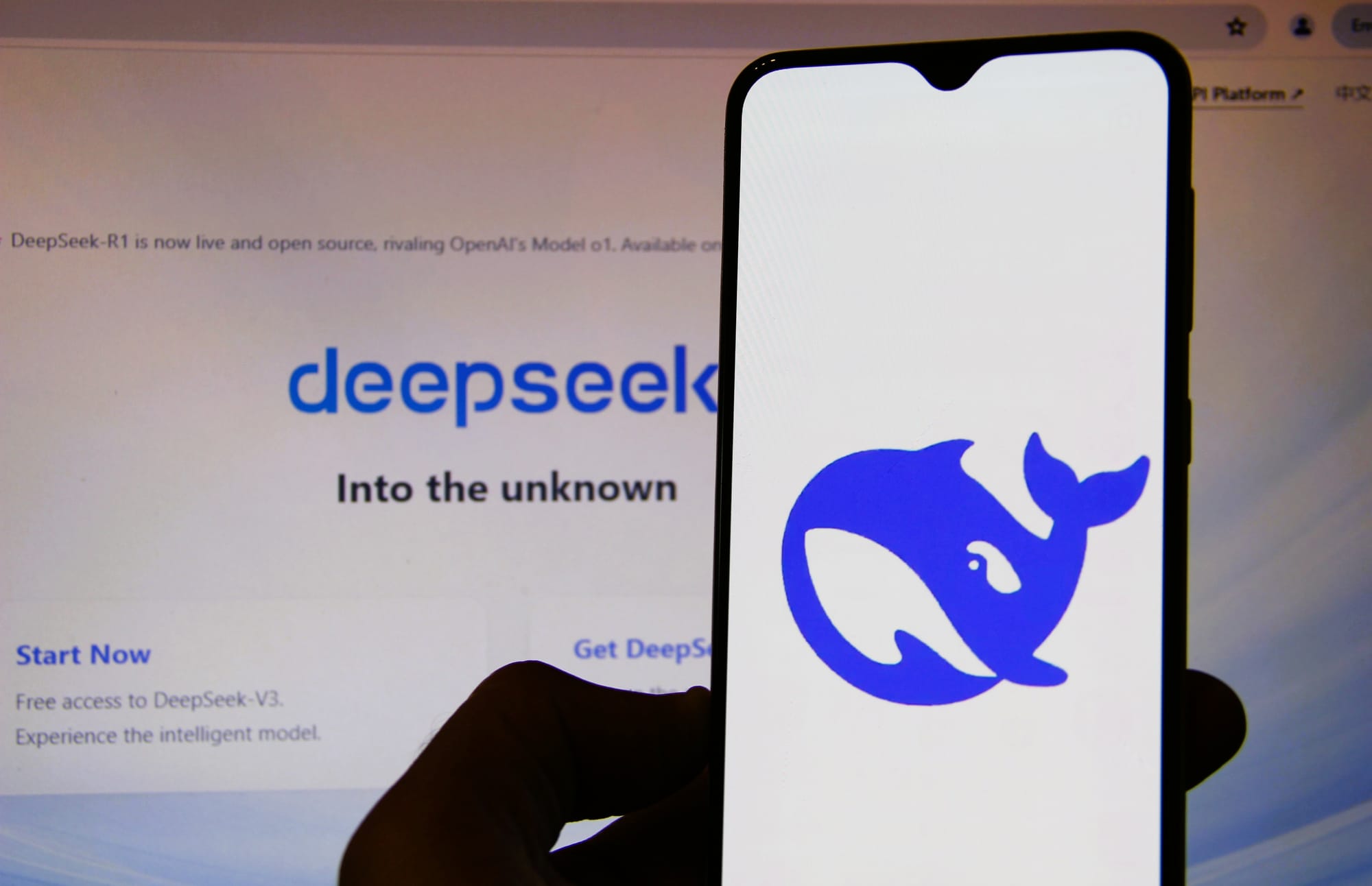To make sense of 'the DeepSeek moment,' one needs to understand the complex mix of competing interests that brought us here. While this rabbit hole goes deep, at its core this is about the messy intersection of business, international politics, and technological competition. The ripples from this event are still spreading across the globe, and the reactions tell us a lot about where things stand.
DeepSeek, a Chinese company, just released an impressive AI model that includes open research, showing they found ways to do more with less, and challenging assumptions about needing massive resources to compete. The reverberations are being felt in boardrooms, policy circles, and research labs around the world. Industry leaders have staked out dramatically different positions, each revealing something about their own vision for the future of AI.
Industry Leaders at Odds
Anthropic's Dario Amodei suggests DeepSeek's latest release is justification for increased export controls, a take that Hugging Face's Thomas Wolf rightfully criticized. OpenAI, once a champion for open source contributions before going closed source in 2019, now appears to be wrestling with an identity crisis. Sam Altman shared his belief that OpenAI 'may be on the wrong side of history' and may need to re-evaluate their strategy. Meta has consistently maintained that open source benefits everyone, with Yann LeCun reminding us that 'open source models are surpassing proprietary ones.' Let's not forget that all of these companies benefited greatly from Google openly sharing its transformer research in 2017.
Market Reality Check
The market's reaction tells its own story, as investors question America's assumed AI dominance. That reaction misses something fundamental: technology becoming more efficient can actually lead to an increase in demand, as explained by Jevons Paradox. Think of DeepSeek as a catalyst for expansion rather than a threat to existing players, which is why such a massive hit to NVIDIA's stock may not have been justified.
China's Strategic Push
China's approach here is telling. For years, they have for been accumulating GPUs at an astonishing rate, with the country spending more on semiconductors than oil. While the specifics are up for debate, DeepSeek's achievement is significant and part of a broader pattern; China won't accept dependence on other nations for foundational technology, especially something more powerful than gunpowder.
Practical Impact and Accessibility
For most users, the immediate impact is limited. While DeepSeek's model is open, there are valid concerns about data handling and content filtering. Despite these valid fears, openness provides paths for anyone to use the model without having to share information with the Chinese company. Technically inclined users can deploy directly through AWS, NVIDIA, or their own hardware. Domestic provider Groq has made DeepSeek available as an inference endpoint, and enterprise players have enabled local support.
The aforementioned uses are only a few of many emerging paths, creating interesting dynamics around access and implementation. As we see more AI models emerge from different cultural contexts, it naturally prompts us to consider what standards and behaviors we expect from these systems.
The Policy Challenge
The real challenge lies with policymakers. Innovation is happening globally, at once, and at a scale that is difficult to comprehend. Suffice to say we are witnessing the unfolding of a complex web of opportunities and risks. Early signs, including the $500 billion Stargate project, suggest the U.S. is betting on raw computing power – while limiting China's ability to have access to similar resources. Time will tell if pure muscle beats optimization for long term success; let's hope that China and others continue to share findings as additional efficiency improvements are developed.
The Road Ahead
The underdogs aren't going quietly, but that's not necessarily a bad thing. After all, published advancements can be quickly re-integrated into existing approaches, potentially strengthening everyone's position. While the U.S. remains exceptionally well-positioned, this moment reminds us that innovation can emerge from unexpected places.
The assumptions guiding policy and business decisions are being tested - not shattered, but certainly challenged. At least in this environment, adaptability may prove to be as valuable as raw strength.









